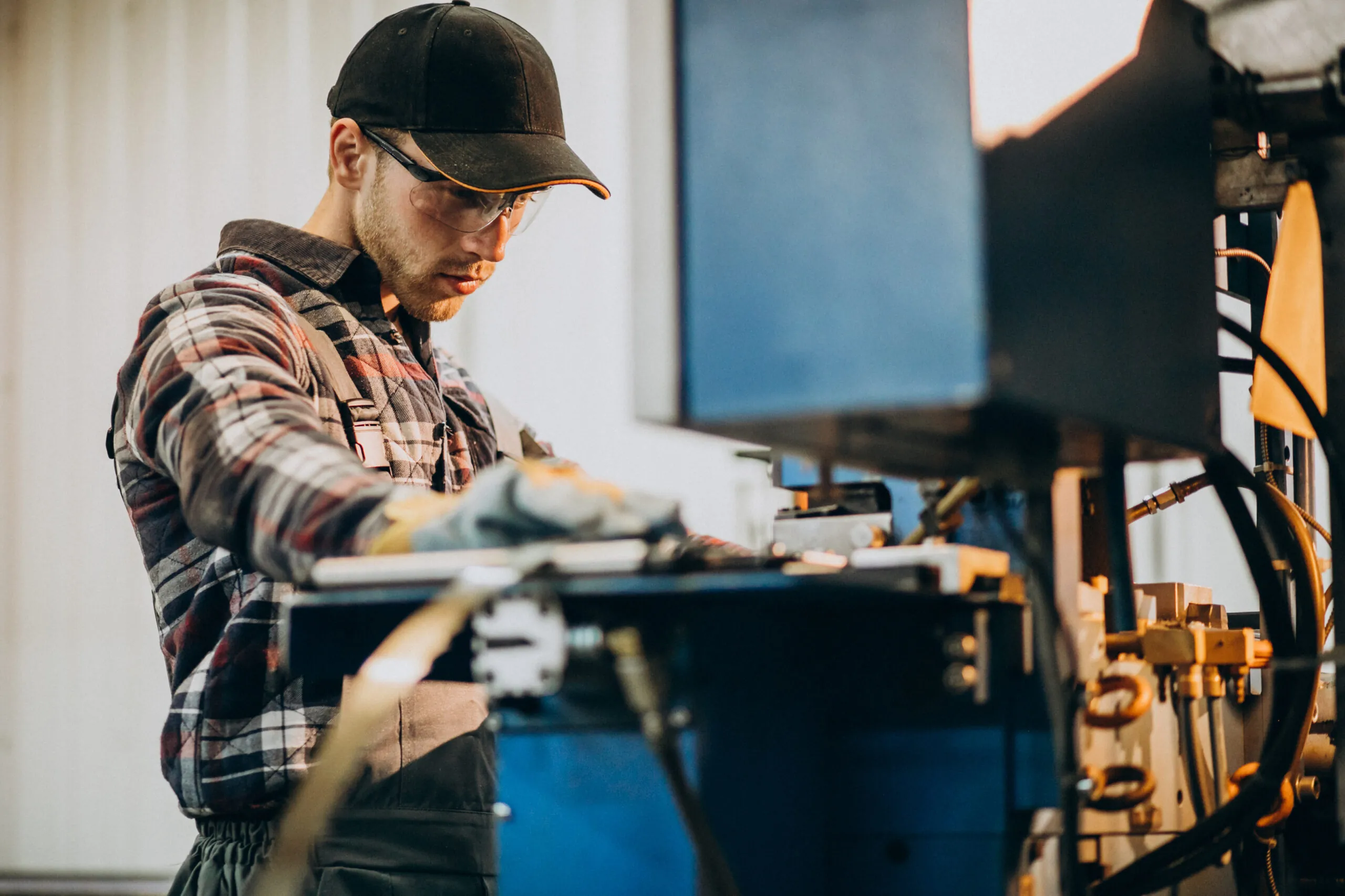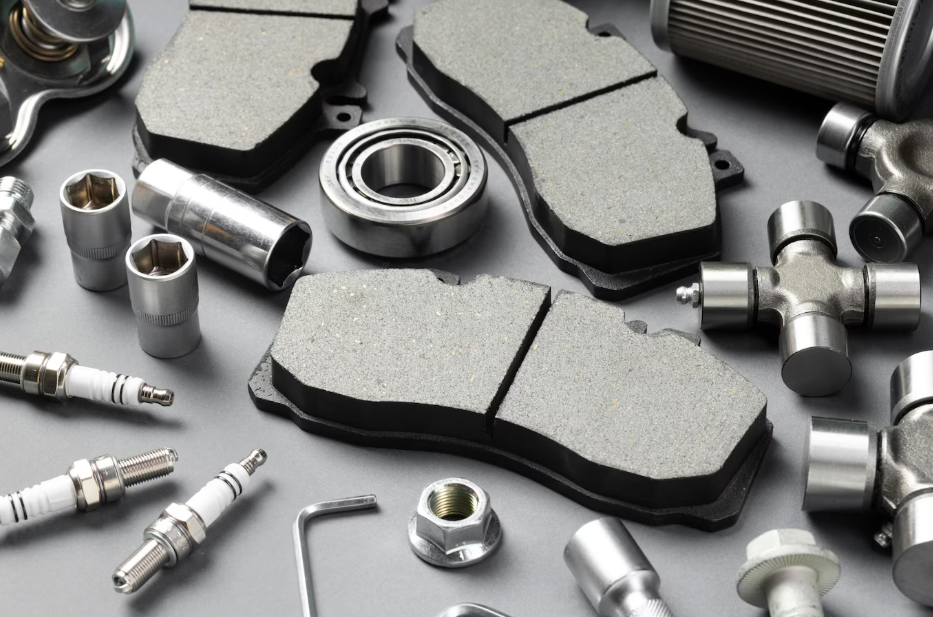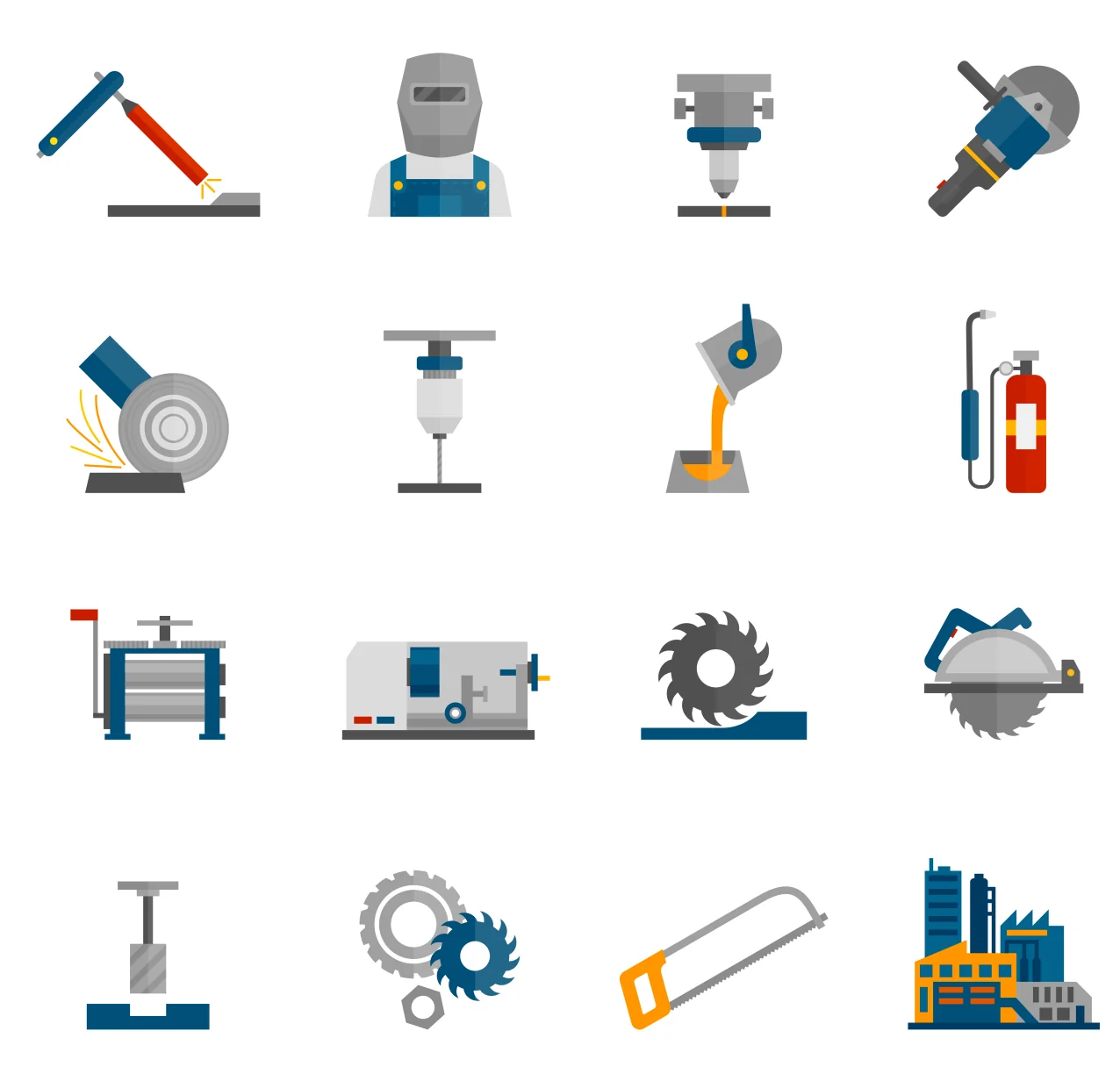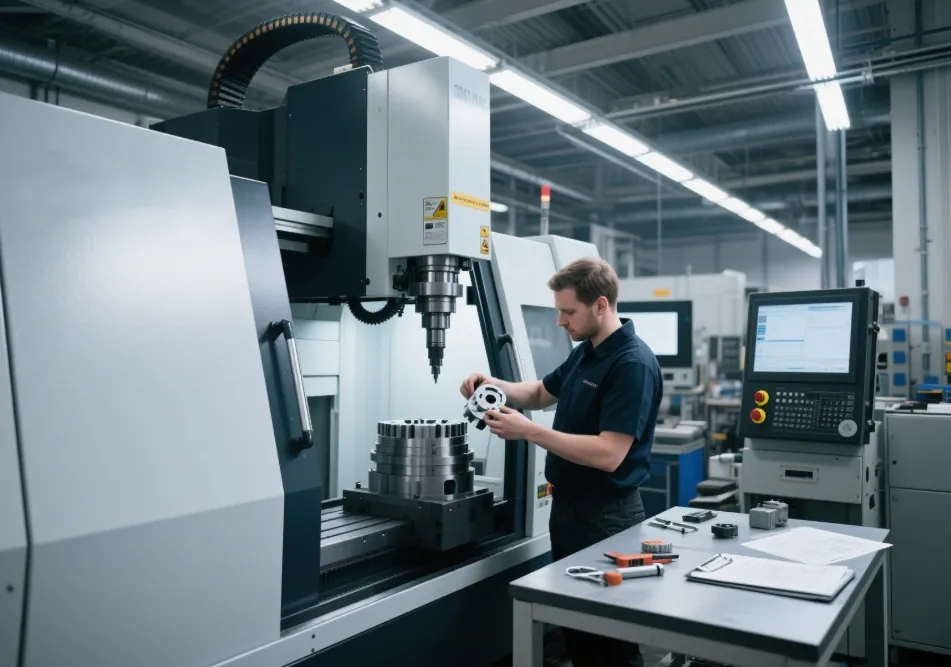When you hold a flawlessly machined part in your hand, it’s tempting to credit the gleaming CNC machine on the shop floor. But here’s the truth: precision isn’t automatic.
Behind every perfectly cut edge and exact dimension is a CNC machinist, a professional who reads the material, anticipates challenges, and makes split-second adjustments that no machine can decide on its own. Without their skill, the finest equipment is just expensive metal.
Table of Contents
ToggleWhat Is a CNC Machinist?
A CNC machinist is more than just someone who “runs” a machine; they are precision engineers in their own right. Using computer-controlled equipment, they transform raw metal, plastics, wood, or composite materials into parts that meet exacting specifications.
While CNC operators typically follow preset programs, machinists take ownership of the entire process. They set up machines, program cutting paths, select the right tools, and make on-the-fly adjustments to ensure the finished piece matches the design down to the smallest tolerance.
From aerospace components that must withstand extreme stress, to intricate medical implants, to robust automotive parts, CNC machinists are the invisible force behind products that demand uncompromising precision.
What Does a CNC Machinist Do?
At the heart of a CNC machinist’s job is precision: combining deep technical know-how with hands-on skill to turn raw materials into flawless, high-quality parts. Their core responsibilities include:
Reading and interpreting blueprints
Before any machining starts, CNC specialists carefully study technical drawings, engineering specs, and GD&T (geometric dimensioning and tolerancing) symbols. These blueprints hold the secrets to every dimension, surface finish, and material detail. Skilled machinists mentally transform these flat, 2D drawings into 3D parts, planning the machining steps and choosing the right tools accordingly.
Setting up and operating CNC machines
Machinists prepare each machine by selecting cutting tools and configuring machine parameters. Whether it’s a lathe, mill, or grinder, they adjust settings based on the material and design requirements to ensure every cut is perfect.
Programming
Using programming languages like G-code, CNC machinists write, edit, and troubleshoot the machine’s instructions. These precise codes dictate every movement, speed, and path the machine follows, making programming a critical skill for turning designs into reality.
Performing inspections and ensuring tolerances
Quality control is constant. Machinists rely on precision tools, such as micrometers, calipers, and coordinate measuring machines (CMMs), to check parts at various stages. From the first sample to the final product, they ensure every piece meets exact specifications and industry standards.
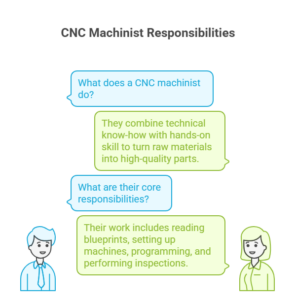
What Happens When Machinist Skills Are Overlooked?
Even the most advanced CNC machines can’t compensate for a lack of machinist expertise. When skills are undervalued or ignored, mistakes become inevitable. Misprogramming, poor tool choices, or misinterpreting blueprints can produce parts that miss critical specifications, resulting in quality issues and wasted materials.
These errors often trigger costly rework or scrapped batches, pushing back production timelines and driving up expenses. In industries like automotive or aerospace, missed deadlines don’t just disrupt schedules; they risk damaging client trust and a company’s hard-earned reputation.
Consider a scenario where a machinist unfamiliar with tight tolerance requirements sets incorrect tool offsets. The resulting parts fall outside acceptable limits, forcing a full remake of the batch, wasting both time and resources.
Essential Skills Behind Precision Work
Precision manufacturing demands a unique blend of technical knowledge and soft skills. Here are the key abilities that CNC machinists rely on to deliver consistent, high-quality results:
Technical expertise
Mastery of programming languages like G-code and fluency with CAD/CAM software form the backbone of a CNC machinist’s skill set. This technical foundation lets them convert intricate designs into precise machine instructions and make real-time adjustments as needed.
Attention to detail
Even the tiniest mistake can ruin a part. Machinists maintain intense focus throughout long production runs, carefully monitoring every step. With tolerances often measured in thousandths of an inch, their meticulous approach ensures every component meets exact standards.
Problem-solving and adaptability
Manufacturing technology is always evolving. Successful machinists stay curious and adaptable, constantly learning new software, tools, and techniques to keep pace with change. At the same time, they build a deep well of knowledge through hands-on experience, reflecting on past challenges and lessons learned.
This blend of ongoing learning and experience-driven insight enables them to diagnose problems quickly and adjust processes on the fly.
Quality control mindset
CNC machinists are quality guardians, constantly anticipating issues and closely monitoring measurements during production. Through precise inspections and strict adherence to standards, they catch defects early, reduce waste, and ensure every part meets top-quality requirements.

Work with Experts: APT-Mold CNC Machining Services
Great precision doesn’t come from machines alone; it comes from the people who know how to get the best out of those machines. At APT-Mold, we’ve built our CNC machining services around this principle, investing in a highly experienced team whose expertise directly translates into consistent accuracy, faster turnaround times, and minimized errors.
Here’s what our CNC machining service can offer you:
Experienced Team
Our team of over 100 engineers and machinists doesn’t just operate machines; they apply deep technical knowledge and practical expertise to solve complex machining challenges. By combining proven skills with modern technology, we ensure your parts meet tight tolerances and demanding specifications every time.
Industry Expertise
Serving aerospace, medical devices, automotive, electronics, and industrial equipment sectors, we understand each industry’s unique quality and compliance requirements. This insight helps us customize machining solutions that fit your exact needs, reducing risks and accelerating your product development.
Certified Quality Standards
Holding ISO 9001:2015 and IATF 16949:2016 certifications, APT-Mold maintains rigorous quality control at every step, from raw material inspection to final part verification. This dedication to quality minimizes defects and rework, helping your production meet deadlines and control costs.
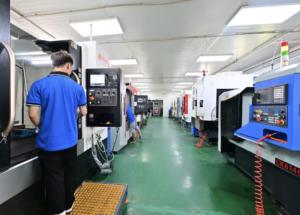
Conclusion
What does a CNC machinist do? Beyond simply operating machines, they bring critical skills in programming, tool selection, blueprint interpretation, and quality control that ensure every part is made to exact standards. Their expertise prevents costly errors, reduces rework, and keeps production on track.
At APT-Mold, we combine this deep expertise with state-of-the-art equipment and strict quality systems to deliver CNC machining services that meet your most demanding requirements.
Discover how our skilled CNC machinists can help bring your projects to life with precision and reliability. Contact APT-Mold today to learn more or request a quote.


